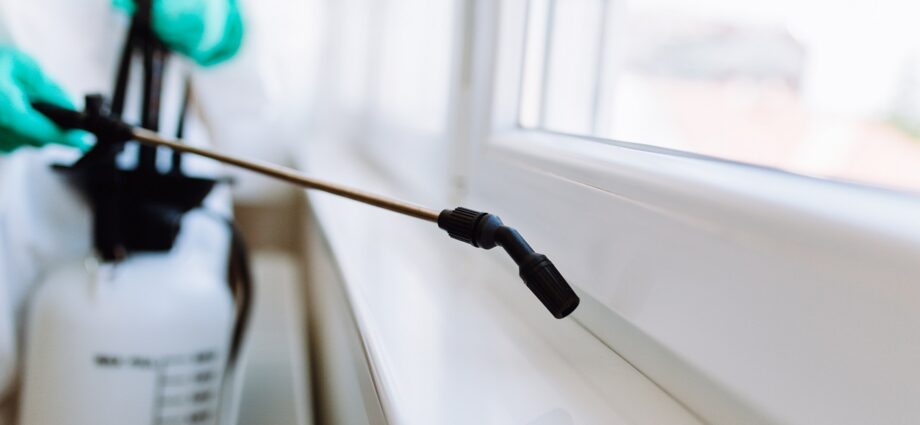Contents
Pest control: when and how to treat your animal?
Pets are susceptible to infesting with various parasites. The prevention of these infestations makes it possible to avoid diseases, sometimes serious, to our four-legged companions but also to maintain good hygiene in our homes. Indeed, some parasites are transmissible to humans. For this, there are different treatments, to be adapted to the type of parasite targeted, depending on the lifestyle and age of your animals.
What parasites threaten dogs and cats?
First of all, it is necessary to differentiate between internal and external parasites. On the one hand, Internal parasites include worms and microorganisms that mostly colonize the digestive tract. However, some worms will rather lodge in the respiratory tree (lungs, trachea) or in the blood vessels and the heart.
On the other hand, domestic carnivores are susceptible to being infested with fleas, ticks or mites. In addition to the associated dermatological disorders (itching, scabs, depilations, ear infections, etc.), these parasites also transmit potentially dangerous diseases.
When to treat external parasites?
It is important to prevent flea and tick infestations before they occur. Indeed, the consequences can be serious for our animals (severe skin allergies, anemia, diseases transmitted by ticks which can be fatal). In addition, contrary to what one might think, it is useful to treat all year round. The seasonality observed in fleas, which are more abundant in summer, is disturbed by the way of life of our animals, which mainly reside indoors. In addition, ticks are likely to feed year round. Thus, the risk is present continuously. Finally, given the dense coat of dogs and cats, it is unrealistic to hope to protect your animal by simple regular inspections.
How to treat external parasites?
Many veterinary specialties exist to fight against external parasites. It is important to follow the manufacturer’s instructions, especially regarding the method and frequency of administration. There are drugs spot-on, in the form of pipettes to be applied by spreading the hairs well, in contact with the skin, at the base of the neck. Most of these spot-on must be renewed every month. Their effectiveness may be reduced with frequent bathing or grooming. Other forms exist, such as sprays or effective necklaces 6 to 8 months. Finally, a new generation of antiparasitics in tablet form is now available.
It is recommended to seek advice from your veterinarian for the choice of a suitable treatment for your animal. At present, there is no evidence for the effectiveness of natural products such as diatomaceous earth or essential oils.
In the event of a massive infestation by fleas, there are commercially available smoke bombs or insecticide sprays. In reality, in most cases, such measures are not necessary. It is generally sufficient to clean the environment as well as possible to eliminate as many flea eggs as possible (vacuum cleaner, hot washing of textiles). The remaining eggs will hatch within the next 6 months to give adult fleas. If the household animals are treated rigorously for 6 months, the adult fleas will feed and die and the environment will eventually be cleaned up.
When to treat against internal parasites?
The frequency of treatment should be adapted to the age and lifestyle of your animal. First of all, young animals must be rigorously dewormed because the mother can transmit worms to the young through milk. It is therefore advisable to deworm puppies and kittens from 15 days of age and then every 2 weeks up to 8 weeks. Treatments can then be spaced every month for up to 6 months.
Once an adult, it is advisable to treat pets 4 times a year. Treatments may be less frequent for apartment cats consuming only industrial foods or, on the contrary, higher for animals consuming raw prey. Another criterion to take into account is the composition of the household. Indeed, if the animals live in contact with young children, it is recommended to deworm them once a month to limit the risk of contamination of children.
How to treat internal parasites?
Most dewormers come in tablet form. The dose should be appropriate for your pet’s weight. For the youngest, oral pastes are available. In cats for whom tablet taking is complicated, there are spot-on to be applied at the base of the neck. Again, it is recommended to seek advice from your veterinarian to administer a suitable and effective treatment. The use of natural products, although attractive, is not based on real evidence of effectiveness either.
Parasites in dogs and cats are not trivial and can cause serious illness. Infestations are very frequent, regardless of the hygiene of the animals and their living environment. Some regions of the world or even France are home to other types of parasites that may require special treatment (such as leishmaniasis in southern Europe). Effective treatments with minimal side effects are available. The veterinarian remains your privileged interlocutor to establish a prevention plan adapted to your animal.










